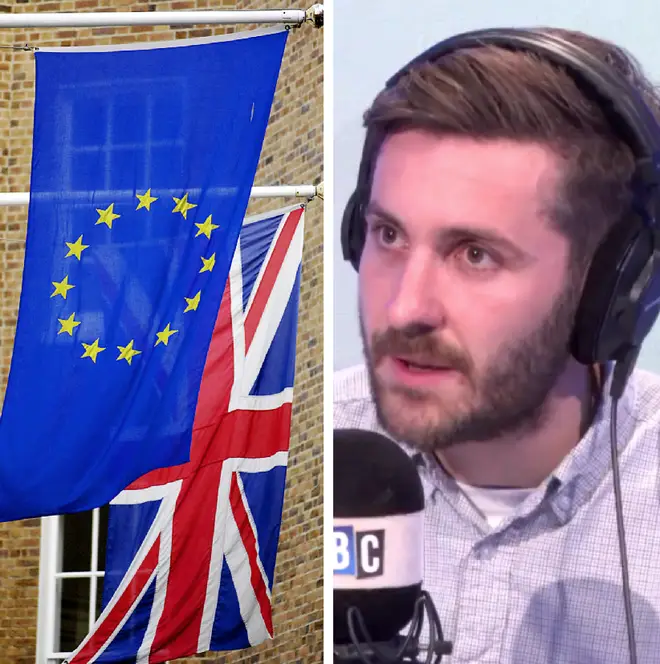
Daniel Barnett 9pm - 10pm
16 November 2018, 17:48 | Updated: 16 November 2018, 18:11
Theresa May has vowed to “take back control” of Britain’s laws after Brexit, but does her draft withdrawal agreement deliver on that? We asked the expert who has read the whole document.
One of the major redlines for many Brexiteers was the UK must no longer be under the jurisdiction of the European Court of Justice (ECJ).
It has the final say on disputes between people and governments on the matters of EU law.
Brexit supporters say that should be up to a UK court and the Prime Minister insists her deal delivers on that.
- Brexit Deal: What's In Theresa May's Draft EU Withdrawal Agreement?
“From the EU’s point of view even when we leave they would like to see a whole range of areas and the ECJ still having jurisdiction over us,” Mrs May said to LBC on Friday.
“We are very clear that that cannot be the case and that is what we have negotiated.”

But is that true and will it end in March 2019, after the transition period or beyond?
Joseph Owen is Associate Director at the Institute for Government and has spent the last few days reading through the 585-page document.
Giving his take, he said: “The European Courts of Justice sees itself as the arbiter of any matter of EU law and as we’ll be applying EU law during the transition period ultimately that will trace back to the ECJ.”
“So the ECJ will continue to have a role during the transition period."
- Theresa May Takes Your Calls On LBC: Watch In Full
He continued: “It will also continue to have a role in some areas after the transition period with regards to citizens’ rights, where the two sides have agreed that if issues to do with what is agreed in this withdrawal agreement come up after the end of the transition period - for a period of eight years the ECJ will continue to be able to decide matters of EU law.”
“There is only a maximum of one or two cases around citizens’ rights that gets to the ECJ each year.
“So it’s not intrusive but it will be there.”
See the full explanation in the video above.